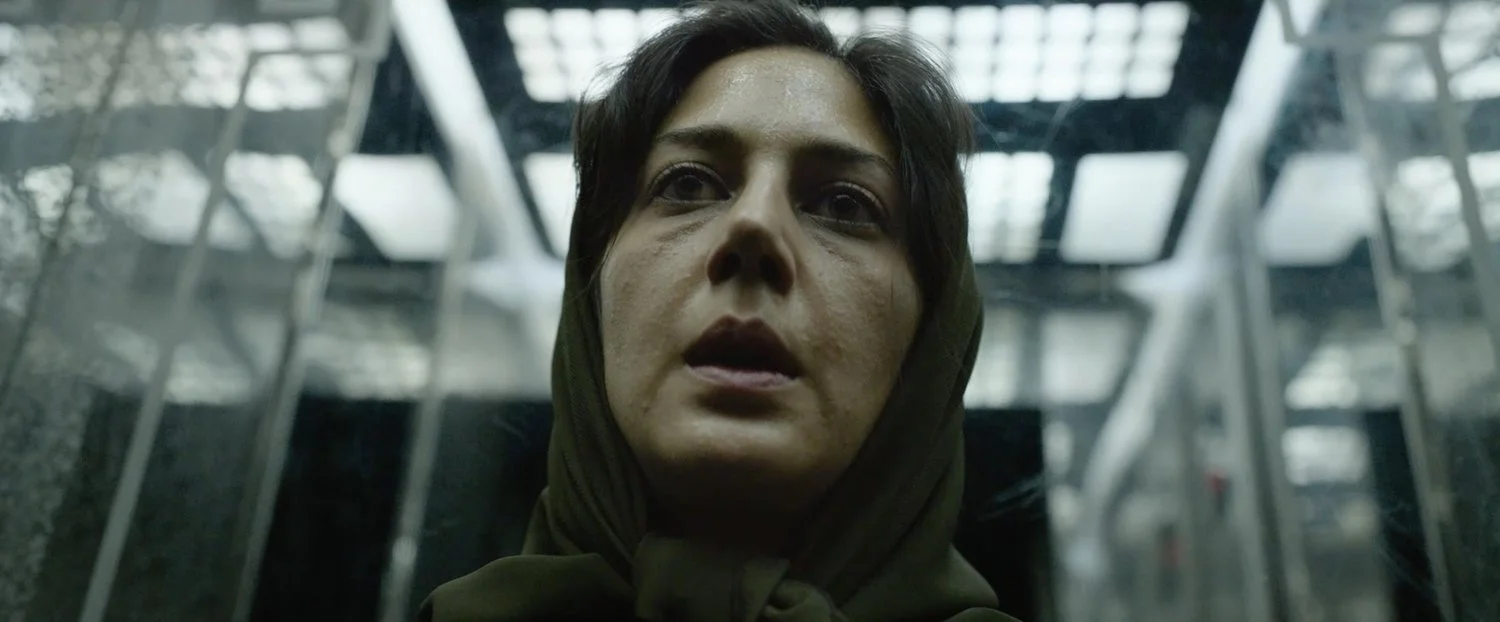Here’s a re-edited repost of my Cannes review dated 05.23.22. The film is set for release next Friday courtesy of Utopia films.
Set 21 years ago in Masshad, Iran, Ali Abassi’s “Holy Spider” shocked quite a few people at Cannes for its depiction of violence towards women.
The film, produced by Danish money, is set in Tehran and tells the true story of serial killer Saeed Hanaei (Mehdi Bajestani) who in 2001 specifically targeted prostitutes in his reign of terror. This God-fearing man went on to kill 17 women, but not without becoming a folk hero with religious fanatics in his home country.
I wasn’t that taken by the first hour in Abassi’s film, which uses familiar genre tropes to set up its stronger last half . You mostly get to see Saeed graphically strangling his female victims. Meanwhile, a go-getting female reporter (Zar Amir-Ebrahimi) becomes obsessed with the case, so much so that she decides to go undercover as a prostitute to try to get picked up by this creep.
The set-up, to put it mildly, is fairly conventional and not that involving, almost like a CSI episode, but more gruesome. The film really kicks up a notch when — SPOILER ALERT — Saeed is caught and becomes a sort of folk hero for a big chunk of the radical population in Iran. This is when the film grabs you.
The diseased reaction has people cheering for this killer of women, they believe he was wiping out the “corruption” of Iran, the non-faithful who sell their bodies for a quick buck. It becomes fairly tense and infuriating to watch the support unfold, but, then again, this is Iran. Even worse, you start to wonder if the court will exonerate this psycho.
Some critics here called out the misogyny and Islamophobia in “Holy Spider.” Its fetishism of violence, they say, went overboard.
What?!
Yes, the film can be luridly explicit, but the strangulation of these women actually happened. It's a film about a serial killer who strangled women, what did they expect? Maybe I'm desensitized, but I didn't have any problem with the violence, since it's a reflection of Iran’s messed up reality. The misogyny in Iran is also not religious but cultural. That sort of thing flies over the head of those calling this film “islamophobic.” [B]






